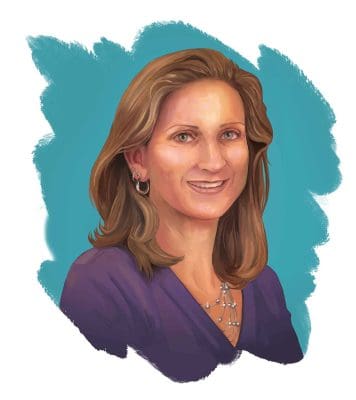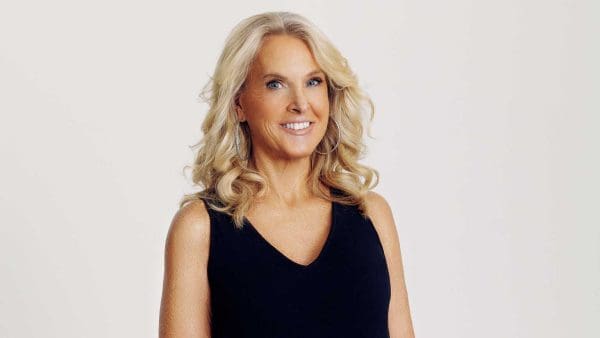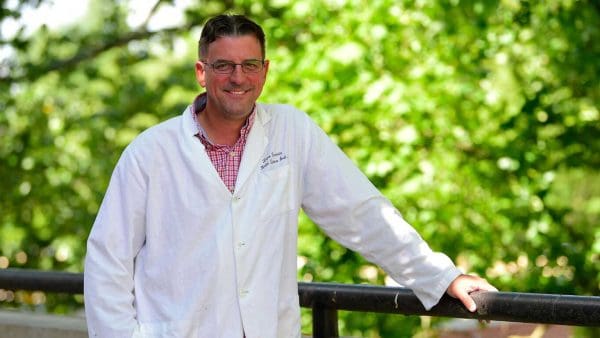
by Grace Toscano
Lorig Charkoudian ’97, PhD ’01, elected as a state delegate to the Maryland General Assembly in 2018, has been an enthusiastic advocate for clean energy. She decided to run for state office after her work on reducing mass incarceration and recidivism, and volunteer advocacy for equitable access to healthy food, gave her a close-up look at the legislative process in Annapolis.
What motivated you to run for the Maryland state legislature?
On a personal level, I was working with a family member with severe bipolar disorder and I became involved in how broken our mental health system is. I was also facing the challenges of being a single parent. At first, I thought, “These are some challenges that would keep me from running,” but I ended up saying, “No, these are some experiences that need to be represented.”
You have worked on legislation to promote offshore wind energy and to pilot networked geothermal heat programs. What drew you to focus on clean energy?
I find the energy work fascinating. My degree is in economics but I really started digging into energy policy when I got here, and so much of it is how you structure and create the markets. These are quasi-markets created through policy at the state and federal and regional level, and I was able to get into energy policy in a really significant way.
What are some of the current challenges in working on clean energy?
In every piece of energy legislation I’ve done, I have incorporated two things: looking out for how to protect ratepayers as much as possible, and making sure the jobs we’re creating are good high-road middle-class jobs, because when you’re building a new industry there’s always a possibility that it becomes a race to the bottom if you don’t put labor standards into every bill.
How has advocating for someone with a mental health disorder influenced your legislative work?
Everyone has had the experience of having to call the doctor seven times to get the referral and then you have to call the insurance company. There are all these places where the system requires you to be so dogged in taking care of yourself, and it’s just so easy to fall out of treatment. Since I’ve been elected, I’ve moved pieces of legislation that have come directly from experiences I’ve had. I can sit down with police chiefs and the department of health and the judiciary and say, “Wait a minute, did you know this disconnect was here?” and I’m able to come in and fix things—they’re mundane, seemingly not-interesting things, but they’re small places where people fall through the cracks and can get hurt—while continuing to advocate for the big picture.




